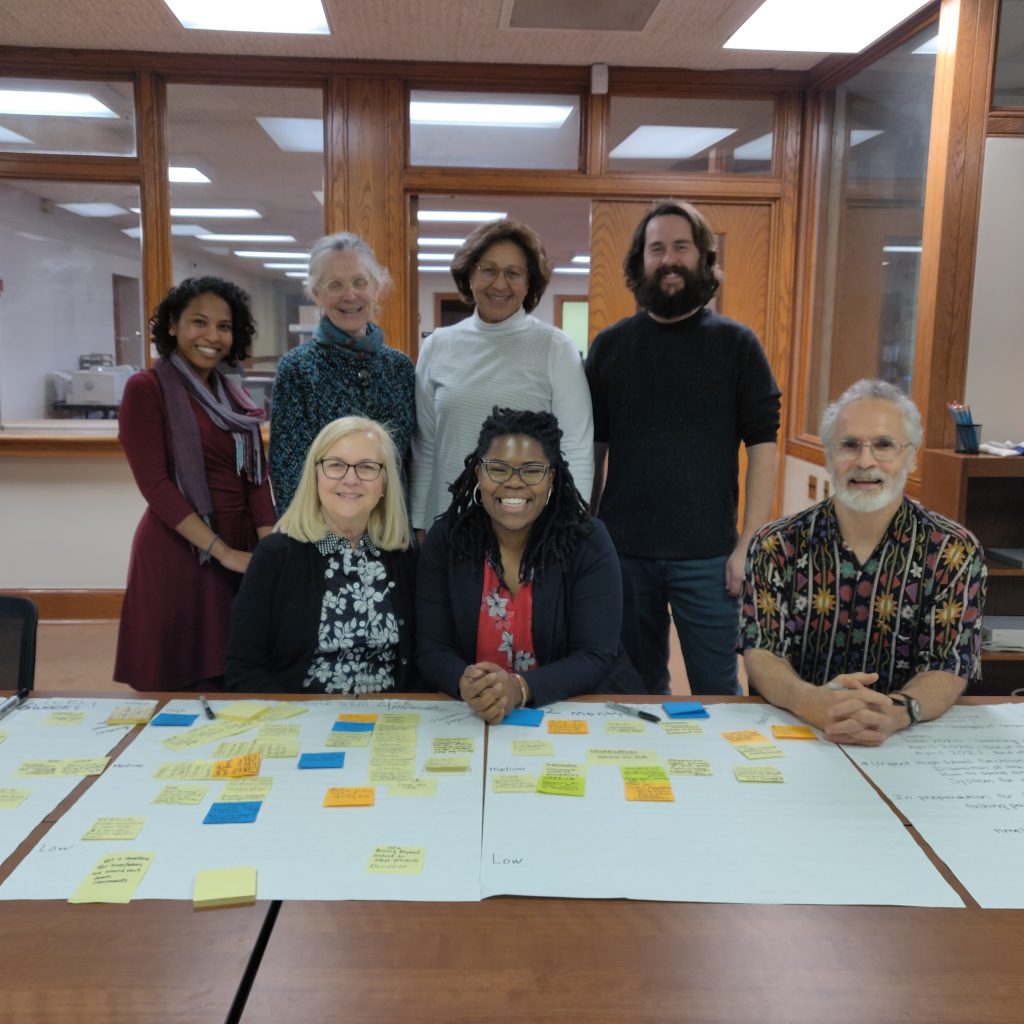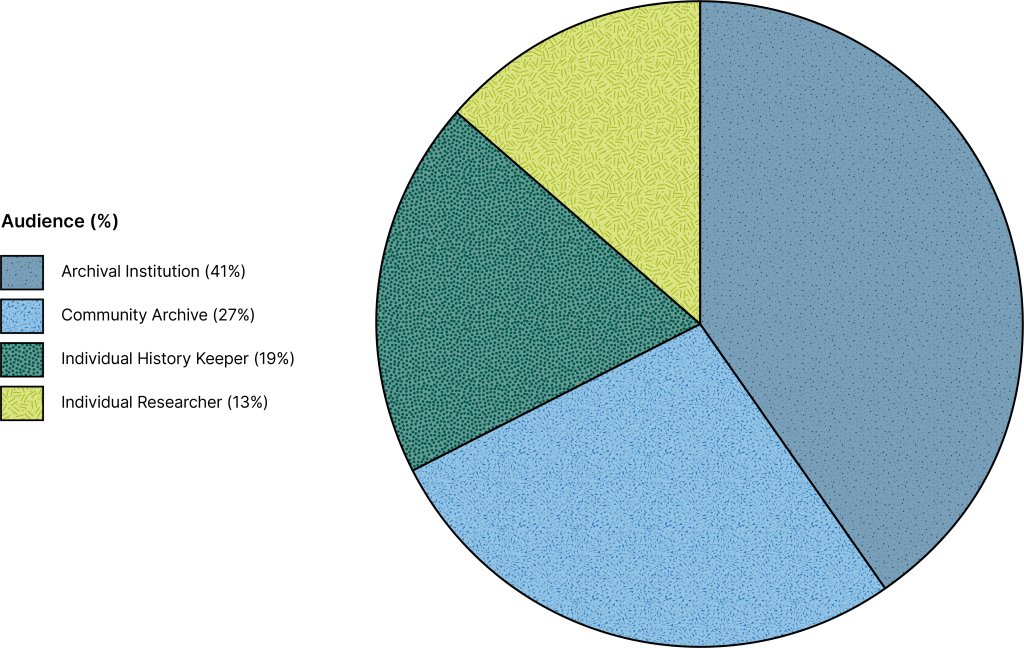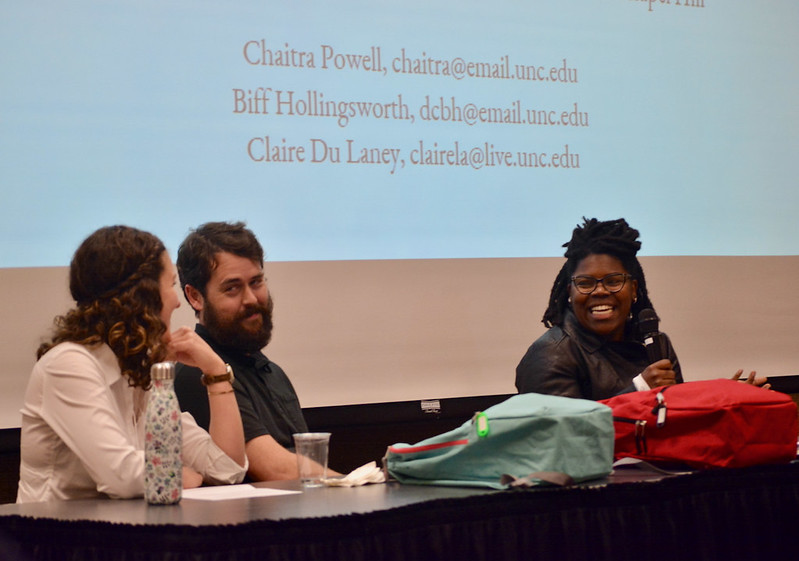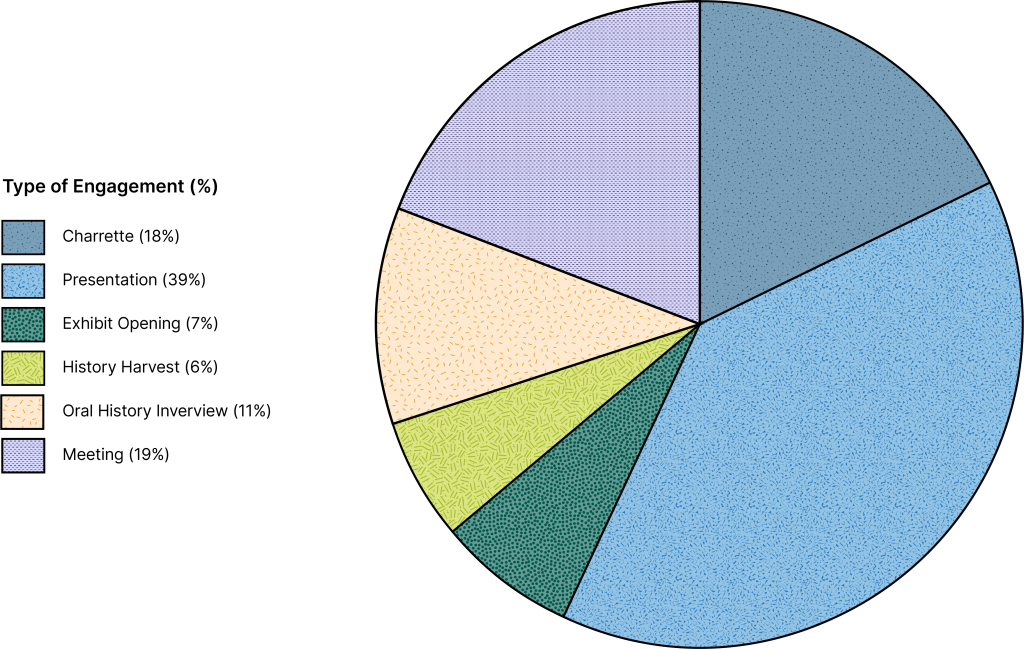Overview

The Community-Driven Archives project at the University Libraries, University of North Carolina at Chapel Hill, partnered with historically underrepresented history keepers in telling, sharing, and preserving their stories. Local history keepers steward stories and historical materials and help make them available to current and future generations.
This four-year project, from March 2017 through March 2021, was based in the Southern Historical Collection at the Wilson Special Collections Library.
Through the support of the Andrew W. Mellon Foundation, our Community-Driven Archives Team (CDAT) built and sustained meaningful partnerships with history keepers throughout the American South.
Our Core Audiences

Our Approach
We are not marginal or other to the archive, but integral to it. We may be silenced or made invisible, but we have always been present.
-Yusef Omowale, Director, Southern California Library for Social Studies and Research

Learn More
We are responding to calls for change. Due to the legacy of racism and other forms of oppression, institutional archives are missing the stories and materials of historically marginalized communities.
Increasingly, community groups and changemakers are calling on archival institutions like the Wilson Special Collections Library and our funders to respond directly to damage done through archival gaps and silences.
Through the University Libraries’ Community-Driven Archives (CDA) project, we are rethinking archives, from top-down collecting to the custodial model of housing communities’ materials at our institution.
The CDA team has supported our collaborators in making decisions about their historical materials that will best support their community’s needs and goals. Sometimes, this means donating their historical records to a repository like UNC-Chapel Hill’s Wilson Special Collection Library. Oftentimes, however, it means finding ways to care for and share historical records in place. Sometimes, it means starting a community-based archive.
Our approach to collaboration aims to find the right home for historical records, regardless of whether they come under the care of the libraries at UNC-Chapel Hill. It supports communities across the South in preserving, protecting, and sharing their histories. It emphasizes process over product.
We acknowledge that there is no one way to do this work and that, at its heart, community-based collaboration is relational and fluid. We learn to be adaptable based on each individual collaboration and what it presents in terms of needs, opportunities, constraints, and possibilities.
How We Did Our Work

